Alberta Premier Danielle Smith wasted no time rebuking the federal Liberals’ carbon tax rebate on Monday, the same day the Liberals patted themselves on the back for handing out carbon tax rebates to eligible Canadians.
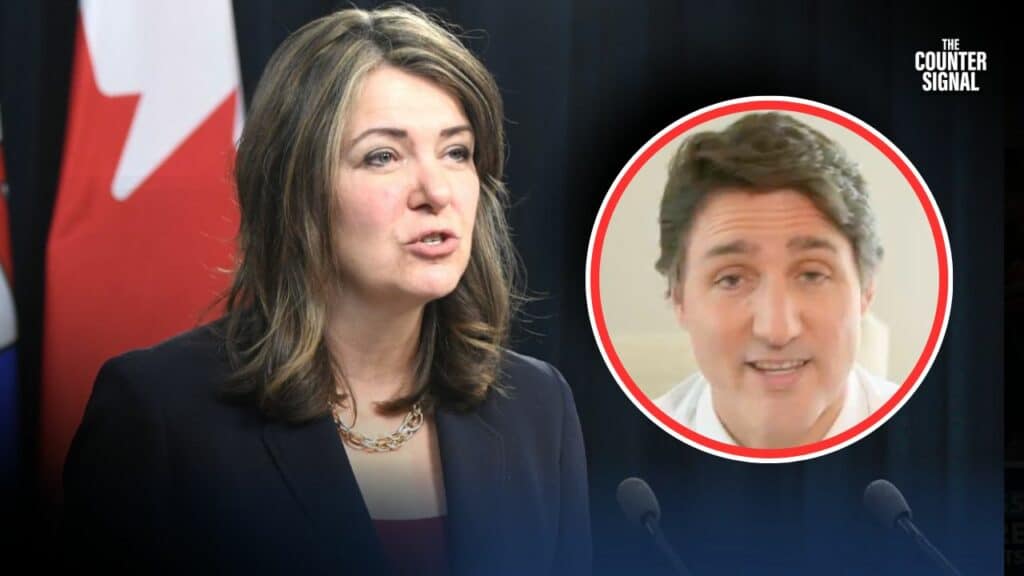
Prime Minister Justin Trudeau, along with a number of Liberal MPs, informed eligible Canadians on Monday through social media that the carbon tax rebates, offered quarterly, have been deposited into their bank accounts.
Prime Minister- Canadians don’t believe this.
— Danielle Smith (@ABDanielleSmith) July 16, 2024
Your carbon tax is crippling us, making everything more expensive. The cost of fuel, less food in the shopping cart, and extra fees on our utility bills…
Even your own Parliamentary Budget Officer confirms that this tax will… https://t.co/nzVGQTKfYR
Trudeau posted to social media, “Unless you pollute an awful lot, you’re getting more money back through the Canada Carbon Rebate than you pay into it,” followed by, “Conservative politicians would scrap the price on pollution — and your rebate.”
Premier Smith later posted in response, “Prime Minister- Canadians don’t believe this. Your carbon tax is crippling us, making everything more expensive.”
Smith further pointed out a report by Canada’s Parliamentary Budget Officer, Yves Giroux, which stated that Canada’s projected GDP is expected to shrink from $2.68 trillion in 2030 to $2.66 trillion as a direct result of the carbon tax.
Danielle Smith calls the carbon tax "punishment," says academic economists who support it are lost in their ivory tower:
— The Counter Signal (@TheCounterSgnl) April 2, 2024
"They should tell me how charging some mama who wants to take her child to a soccer game, how that reduces C02 emissions."
💥💥💥 pic.twitter.com/0v1C5ZaBCU
This information was only released following over a month of heavy criticism from Conservatives, saying that the Liberals had put a gag order on the PBO. The PBO later confirmed this was the case.
Premiers want the tax gone
Most Premiers have voiced opposition to the Liberals’ carbon tax, including Newfoundland and Labrador’s Liberal Premier, Andrew Furey.
Prime Minister Trudeau later stated that Furey is utterly mistaken in his assessment that the carbon tax costs most Canadians more than the rebates benefit them.
The Liberals maintain that four out of five Canadians are better off financially because of the carbon tax rebates the government issues.
Smith’s UCP maintains it’s making most Canadians worse off.
In April, the UCP’s Senior Press Secretary from the Ministry of Treasury Board and Finance, Justin Brattinga, said the PBO’s report “is not in dispute.”
“To directly quote the PBO: ‘When both fiscal and economic impacts of the federal fuel charge are considered, we estimate that most households will see a net loss. Based on our analysis, most households will pay more in fuel charges and GST—as well as receiving slightly lower incomes—than they will receive in Climate Action Incentive payments,’ he said.
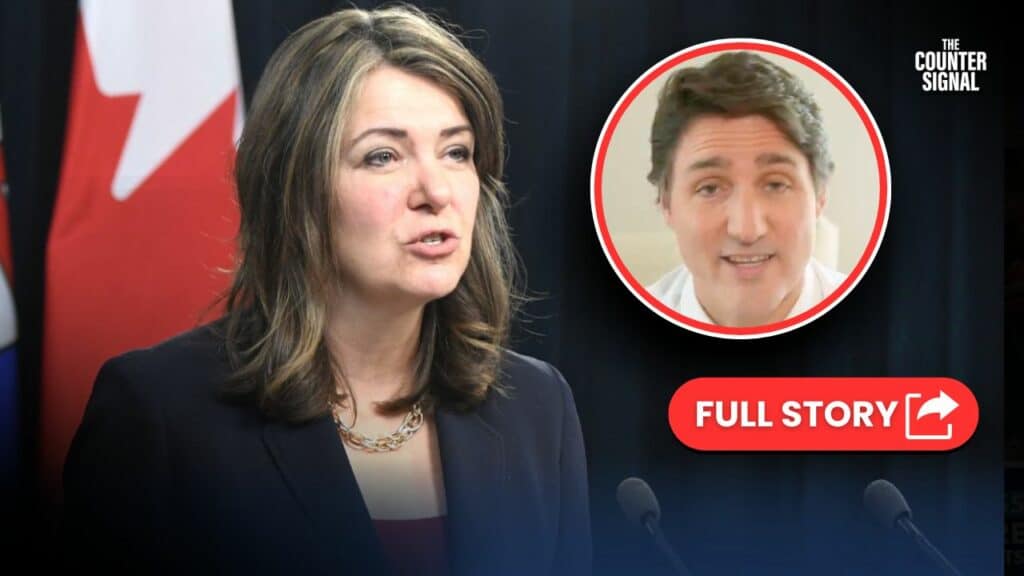

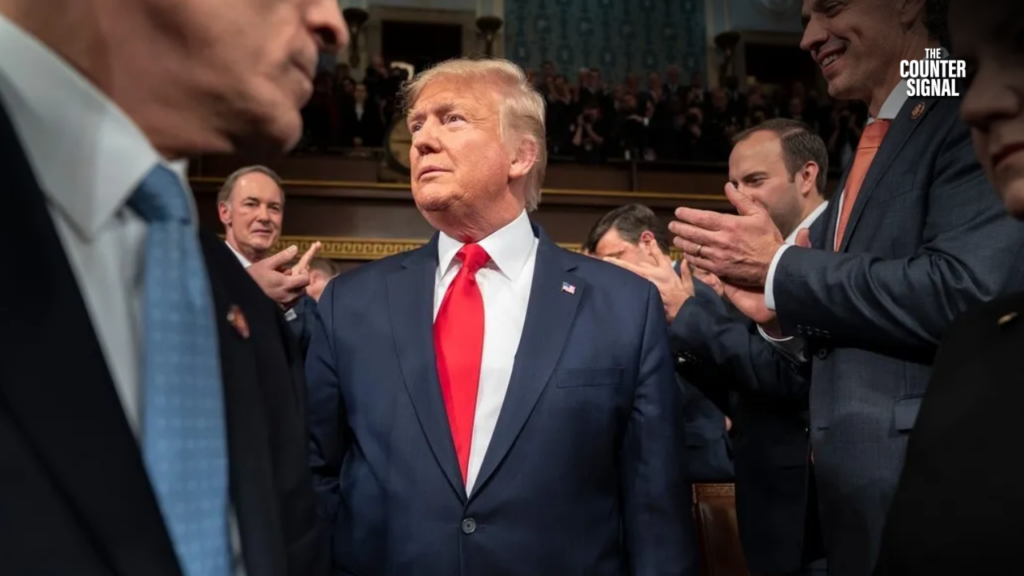

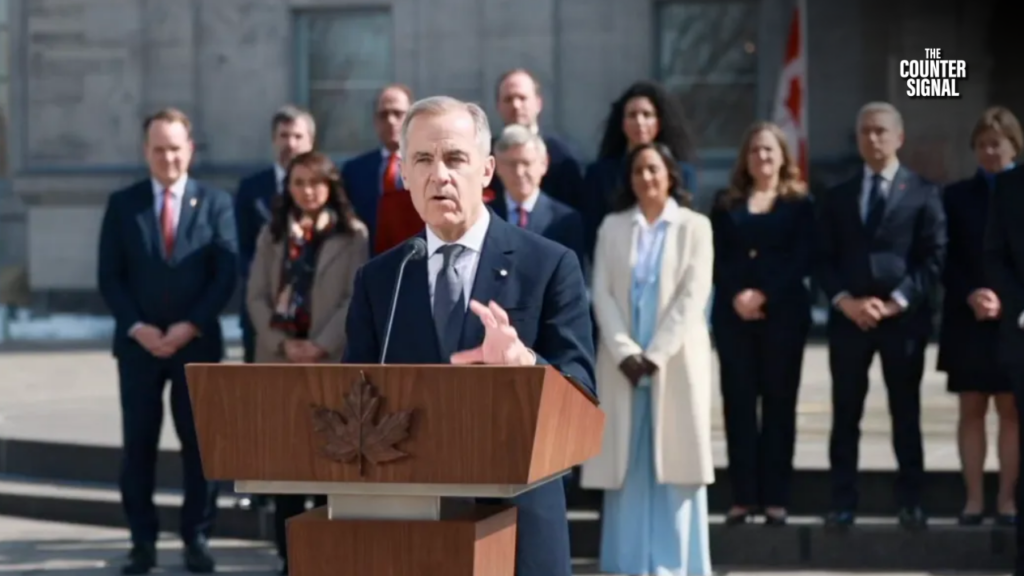
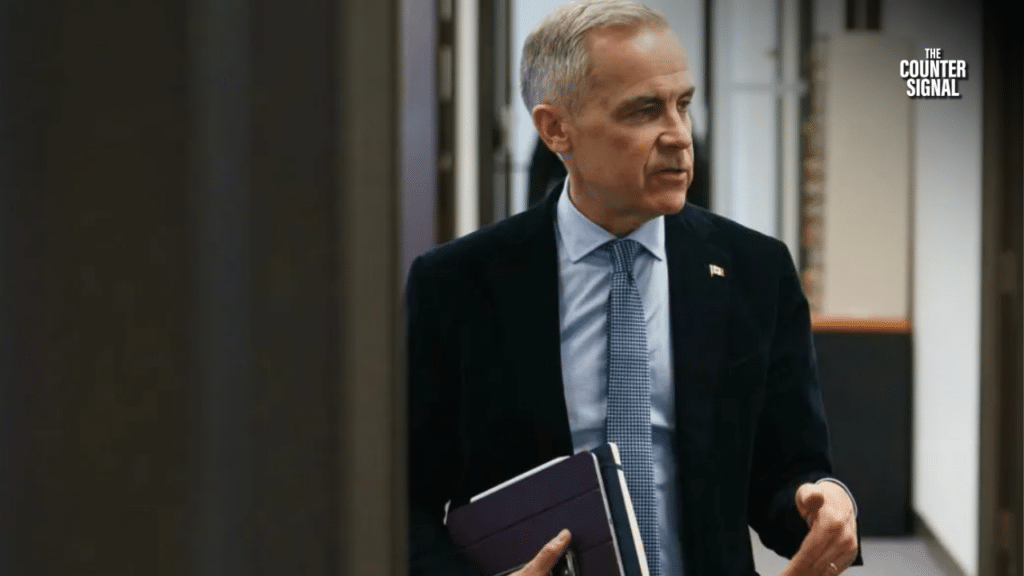

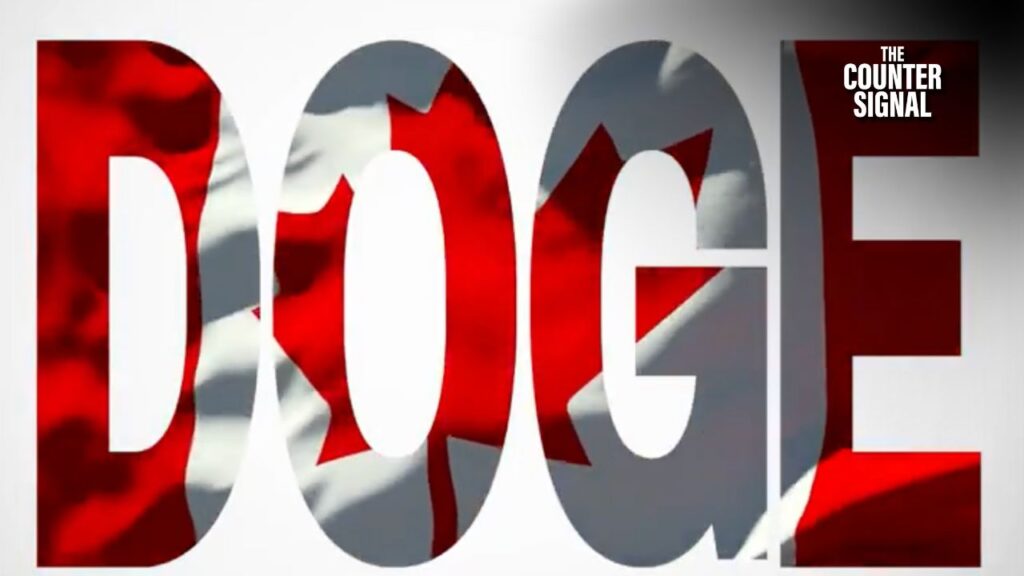

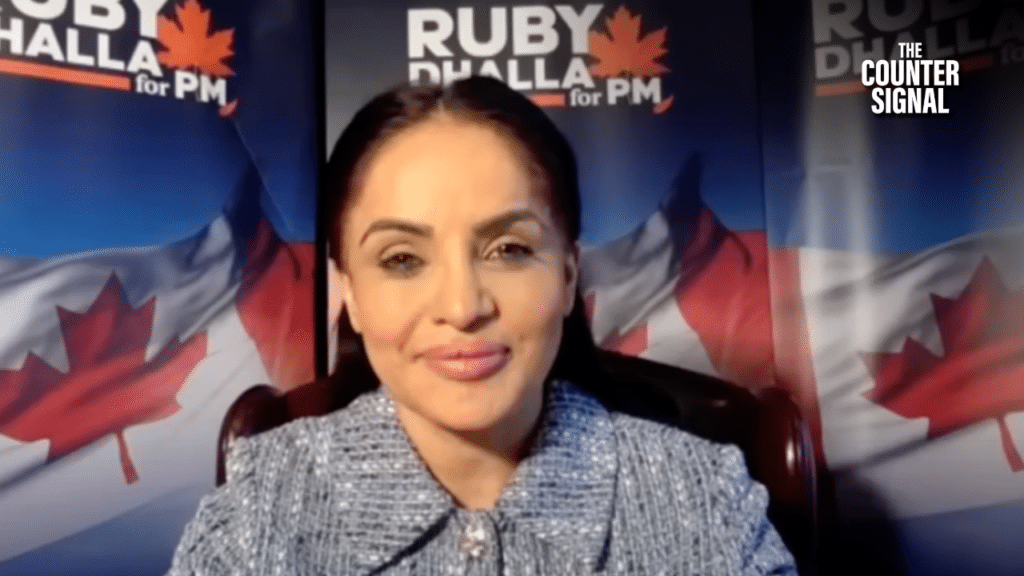
He has his orders from the WEF and he doesn’t care what happens to Canada